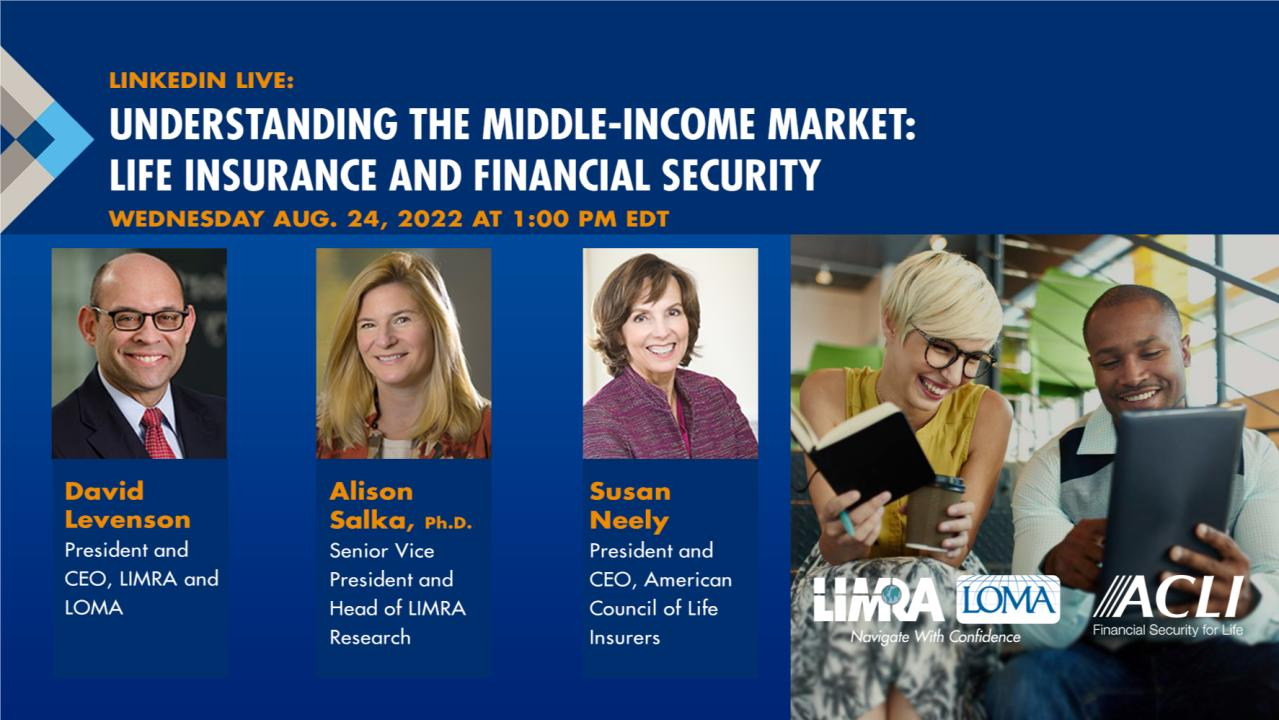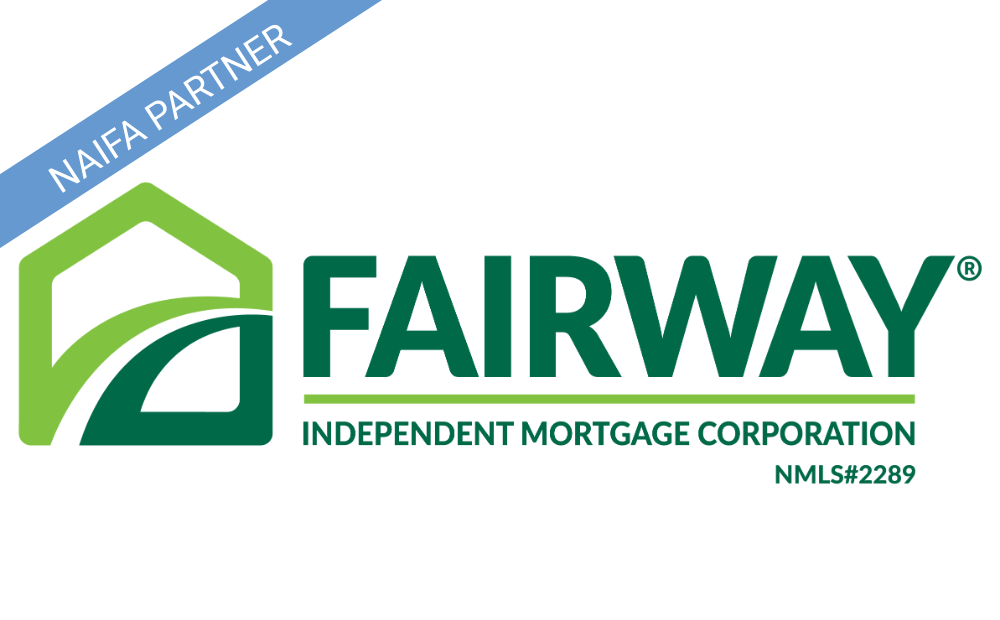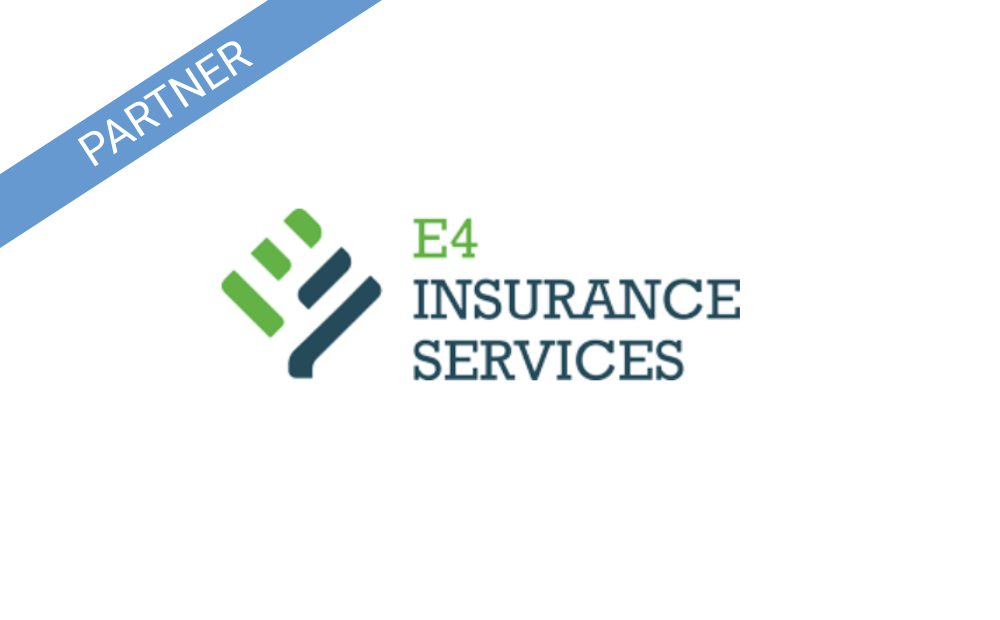Do you ask your clients for trusted contacts?
Since 2018, brokerage firms have been required by FINRA Rule 4512 to ask their retail customers to provide the name and contact information of a trusted contact person. Although the rule applies only to broker-dealers, it’s still a best practice for all wealth management and financial advisory firms to gather this information from clients.
Unfortunately, time-strapped advisors too often treat getting trusted contacts as an administrative task versus an opportunity to grow their practice. Trusted contact record-keeping should be thought of as a critical practice infrastructure, contributing far more than a list of emergency numbers. If you’re not already asking clients for trusted contacts, here are two key reasons why you should.
Reason 1: Protect aging clients from fraud and exploitation
As an advisor, you help clients build sound financial plans. However, all of that planning can be for nothing if your clients lose their money to elder financial exploitation. Millions of older Americans become victims of scams or financial abuse each year and lose more than $3 billion annually to these crimes, according to the FBI.
The aim of FINRA Rule 4512 is to protect investors—particularly seniors—from fraud and exploitation. Firms can reach out to their customers’ trusted contacts if they are concerned about activity in customers’ accounts.
Advisors are the first line of defense for older adult clients. By creating your own trusted contacts policy, you can get authorization from clients to reach out to someone they trust if you suspect your clients’ assets are at risk of exploitation. A trusted contact can help you confirm suspicions that a client’s financial decision-making ability has been impacted by cognitive decline issues or that a client is being taken advantage of by scammers or even family members. In short, it’s the right thing to do to provide your clients with the protection they deserve.



.png)









.png?width=300&name=_LUTCF%20%20-%20AT%20web%20(300%20x%20300%20px).png)
